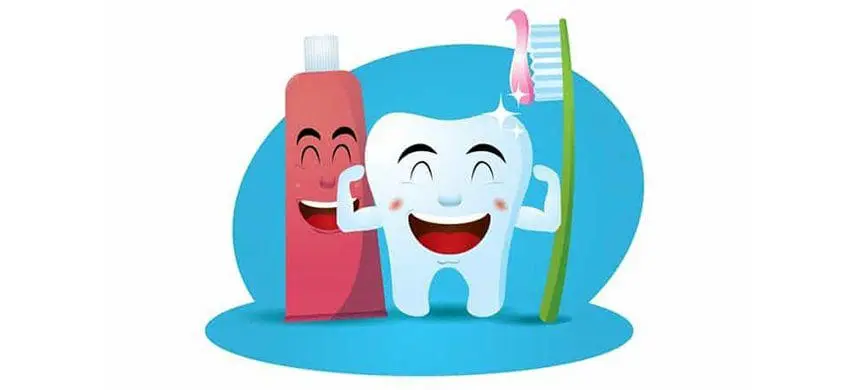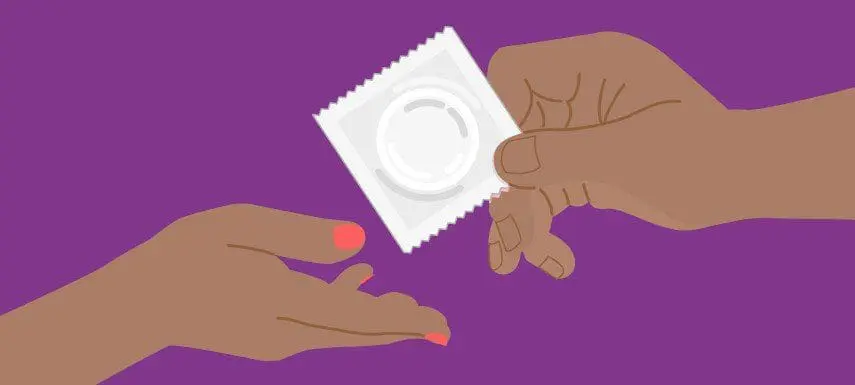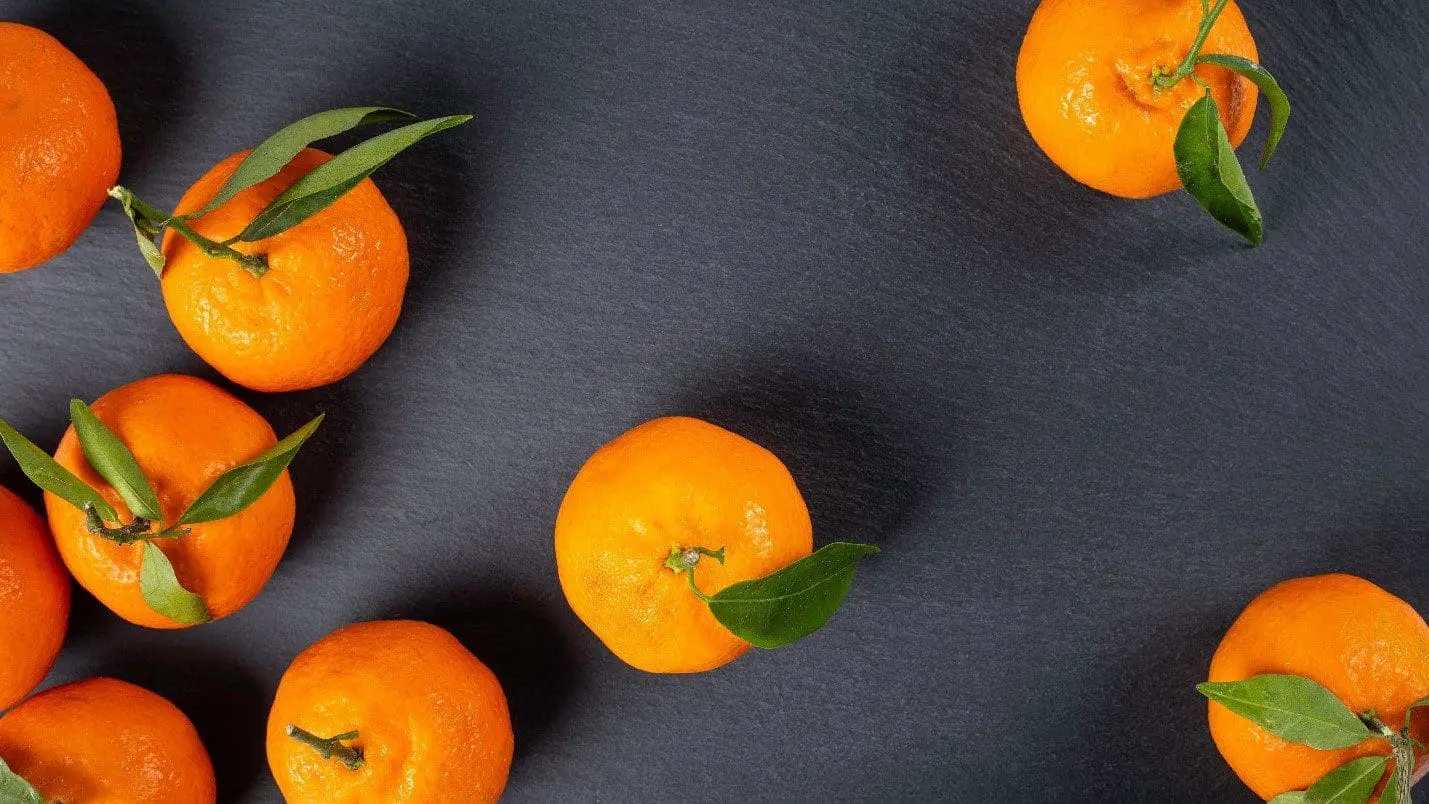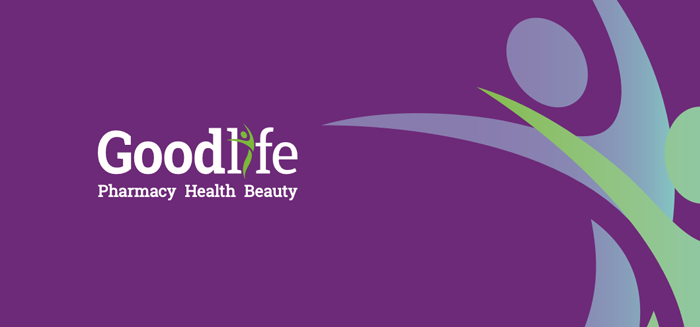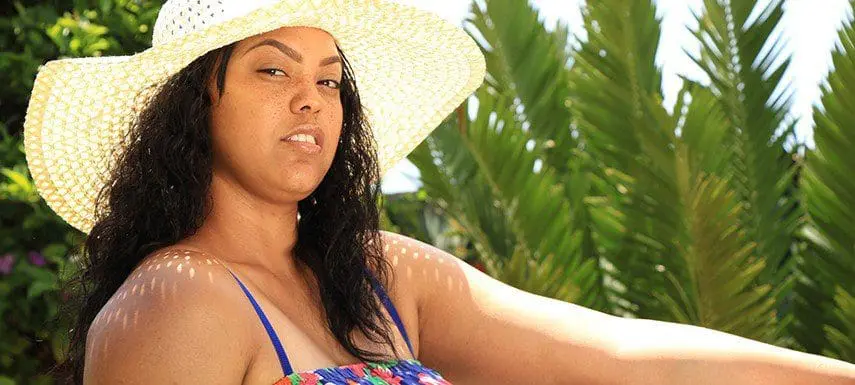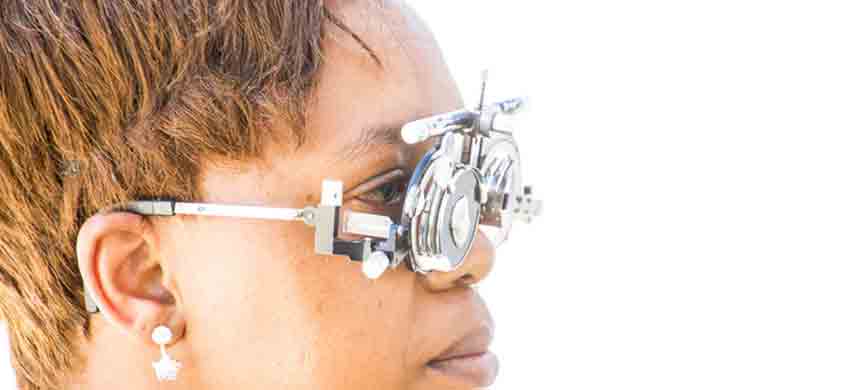
- Prevention Is Better Than Cure
A number of eye diseases are slow-acting so that they’re very advanced by the time you notice the symptoms. The most important action we can take to avoid permanent vision loss from these types of diseases is to schedule those regular eye exams so that they can be caught early on and treated.
- A Simple Vision Screening Won’t Cut It
Let’s take schools as an example. Many schools provide free vision screenings, which seems like a pretty good deal. The problem is that these screenings focus on visual acuity, which means they don’t catch everything. Only a comprehensive eye exam with an optometrist can check for other issues that could be making vision-related tasks such as reading difficult or uncomfortable for a child.
- Don’t Let Digital Eye Strain Impact Your Work
A lot of us have jobs that require us to spend most of the day looking at a computer screen, and this can lead to eye strain, with symptoms such as blurred vision, dry eyes, and headaches. Regular eye exams are a great way to make sure you have the right tools to fight back against eye strain.
- Keep Those Prescriptions Up-To-Date!
Our vision changes as we get older and glasses or contacts that used to provide us with perfectly clear vision may gradually become less effective. Don’t subject yourself to months or years of endless squinting. Schedule your next eye exam so you can get new lenses!
- The Eyes Are The Windows To Overall Health
As important as it is to have eye exams so as to prevent and diagnose eye diseases as well as keep your prescription current, they’re also a great way to look out for your overall health. The eye doctor is often the first person to spot the signs of diabetes, high blood pressure, high cholesterol, and even cancer, all from a routine eye exam.
Come to Goodlife Pharmacy, Westlands Arcade and get your eyes tested today!

